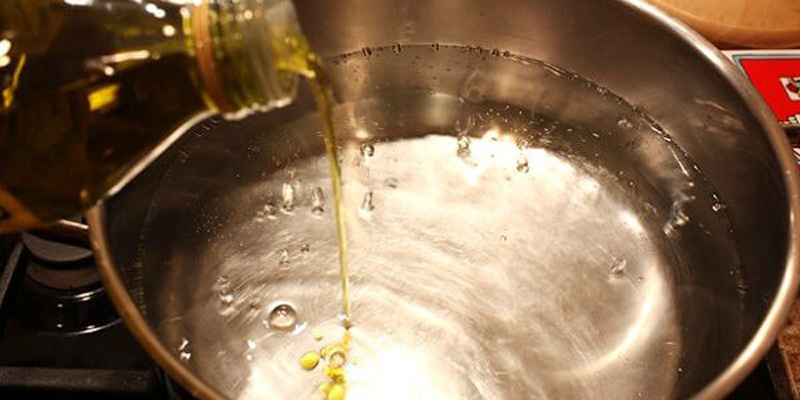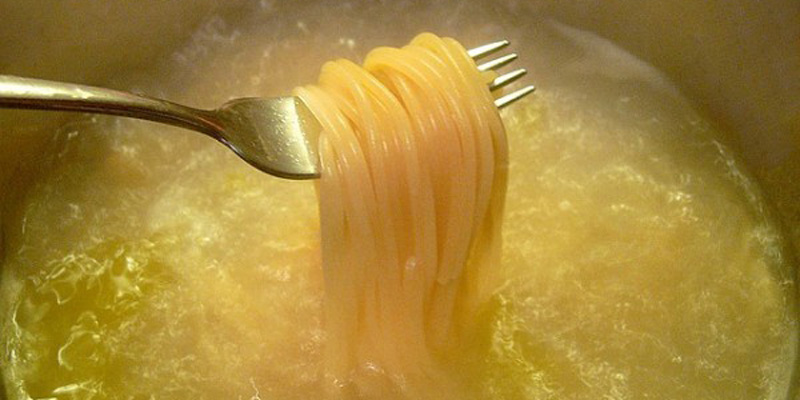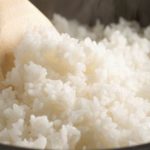1 Why You Shouldn’t Add Oil to the Pot When Boiling Noodles

A common practice among many is to add a dash of oil to the pot before boiling noodles to prevent them from sticking together. However, culinary experts refute this, stating that it compromises the taste of the noodles.
Oil and water do not mix, and adding oil to the pot will create a thin film on the noodles when they are drained. This hinders the absorption of sauces, impacting the overall flavor of your dish.
2 How to Boil Noodles Without Them Sticking

To avoid sticky noodles, use a large pot with ample water, providing room for the noodles to move freely. Additionally, stir the noodles while boiling to prevent them from clumping together.
Post-boiling, mix the noodles with sauce while both are still hot. Avoid mixing when cold, and use a small amount of cold water to separate the noodles before adding the sauce if needed.
Now you know that adding oil to the pot is not the solution to perfect noodles. With these tips, home cooks can boil noodles like pros, ensuring quality and taste.
Reference: afamily.vn
Identifying Authentic vs. Fake Cooking Oil
The health risks of consuming counterfeit cooking oil can be severe. Consuming contaminated oil can lead to a range of problems, from blood complications to even cancer. Learn how you can spot the difference between real and fake cooking oil to protect yourself and your family.





































